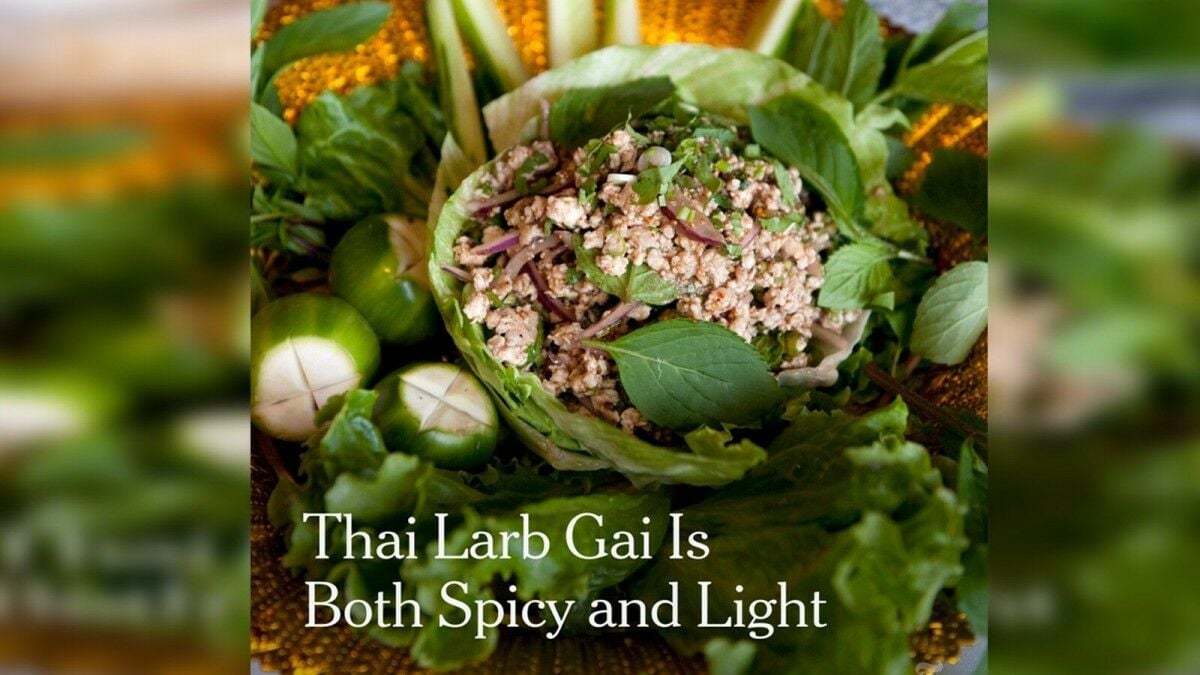New York Times spotlight on Thai dish Larb Gai goes viral

The New York Times’ recent feature on the Thai dish Larb Gai (minced chicken salad) has captured international attention, quickly going viral. The renowned media outlet, with over 19 million followers on Facebook, shared a detailed post about this popular Thai dish, sparking widespread interest.
Larb Gai, a dish made from minced chicken, is cooked with mint leaves, basil leaves, and shallots, and seasoned with lime juice and chilli powder. It is a favourite in both Laos and the northeastern region of Thailand (Isaan). The New York Times’ post not only described the ingredients and preparation but also highlighted the cultural significance of the dish.
The post garnered significant attention, attracting comments from both Thai and international food enthusiasts. Many praised Larb Gai as the epitome of Thai cuisine, urging everyone to try it when visiting Thailand or Laos.
“Larb Gai is the best!” exclaimed one commenter, while another added, “It’s my favourite Thai dish.”
The enthusiasm was palpable as people shared their love for the dish and reminisced about their experiences.
Thai netizens were particularly vocal, recommending that the authentic taste of Larb Gai is best experienced in its country of origin. They emphasised that nowhere else can replicate the flavours as perfectly as Thailand itself, reported KhaoSod.
In related news, the Tourism Authority of Thailand (TAT) is cooking up something special! In a bold move, the TAT has launched a dazzling new campaign titled Wellness on a Plate, spotlighting the health perks of Thailand’s eclectic culinary delights. Aiming to marry the nation’s rich food culture with wellness tourism, this initiative promises a feast for both the senses and the soul.
In other news, in a move that’s bound to shake up Bangkok’s bustling street food scene, new City Hall regulations will allow only “poor Thais” to operate as street vendors. The bold rules, signed by Bangkok Governor Chadchart Sittipunt, have sparked controversy with their stringent requirements, including a ban on migrant workers.
Latest Thailand News
Follow The Thaiger on Google News:


























